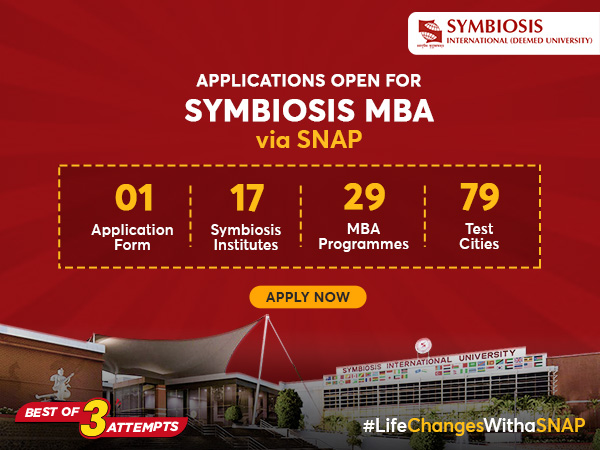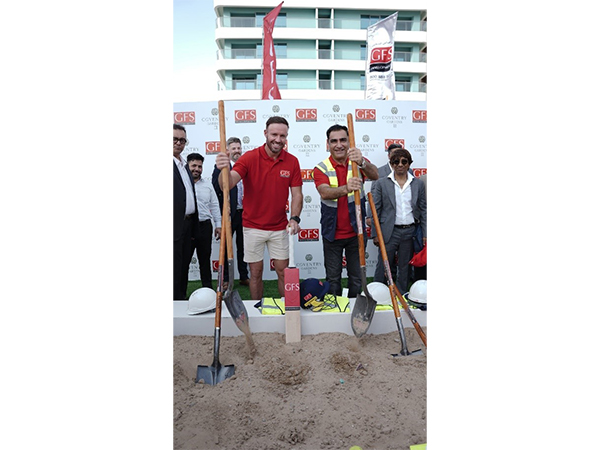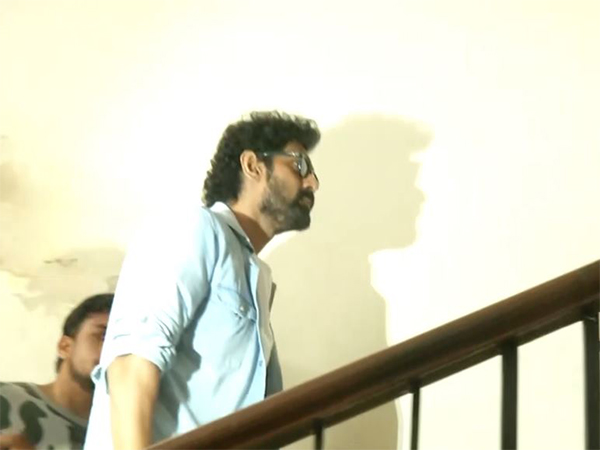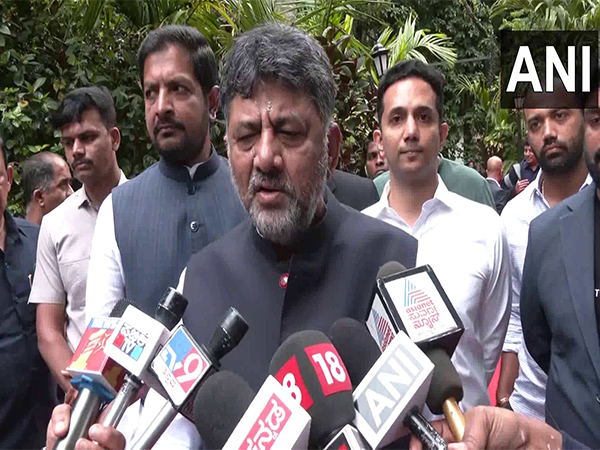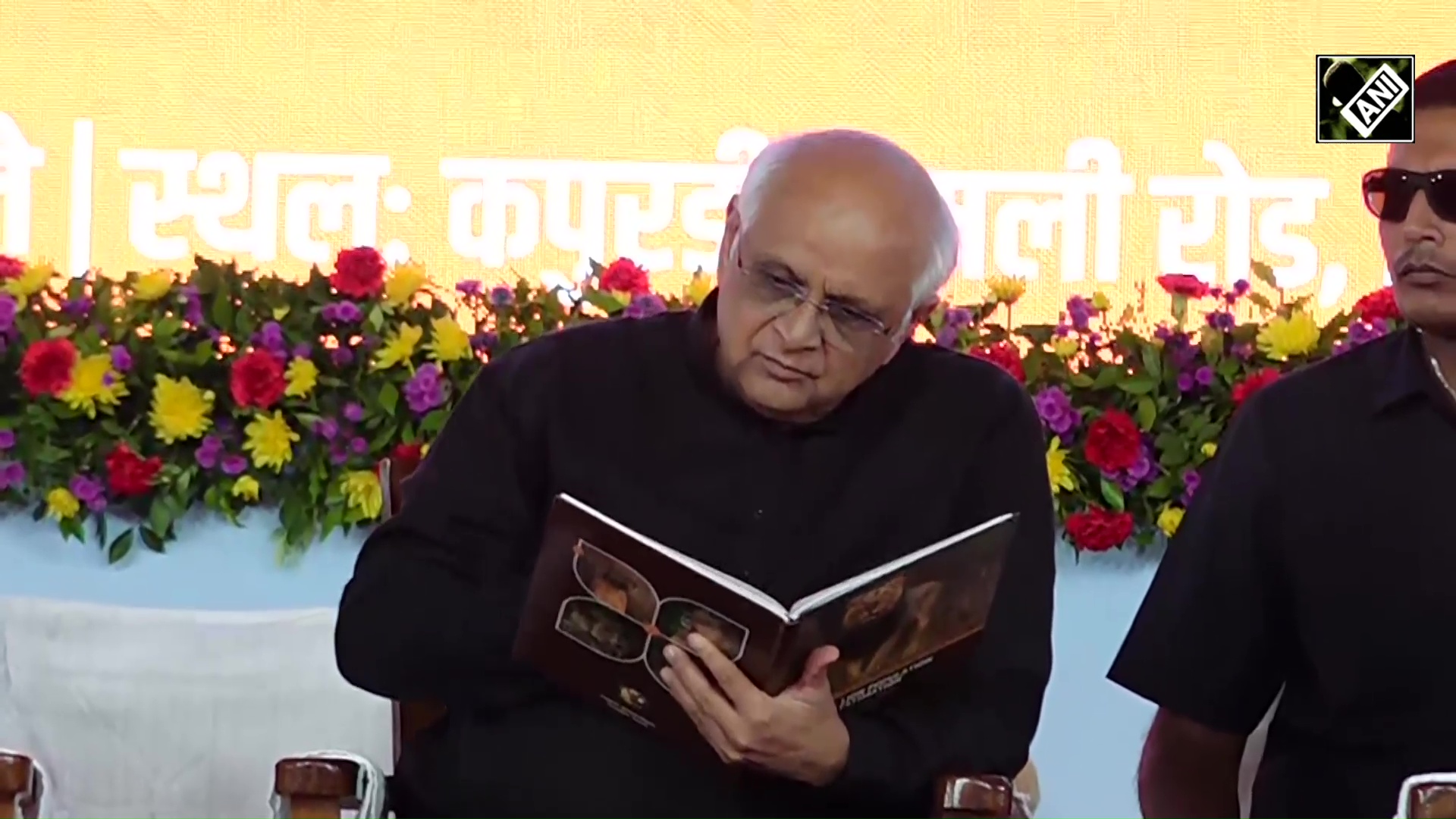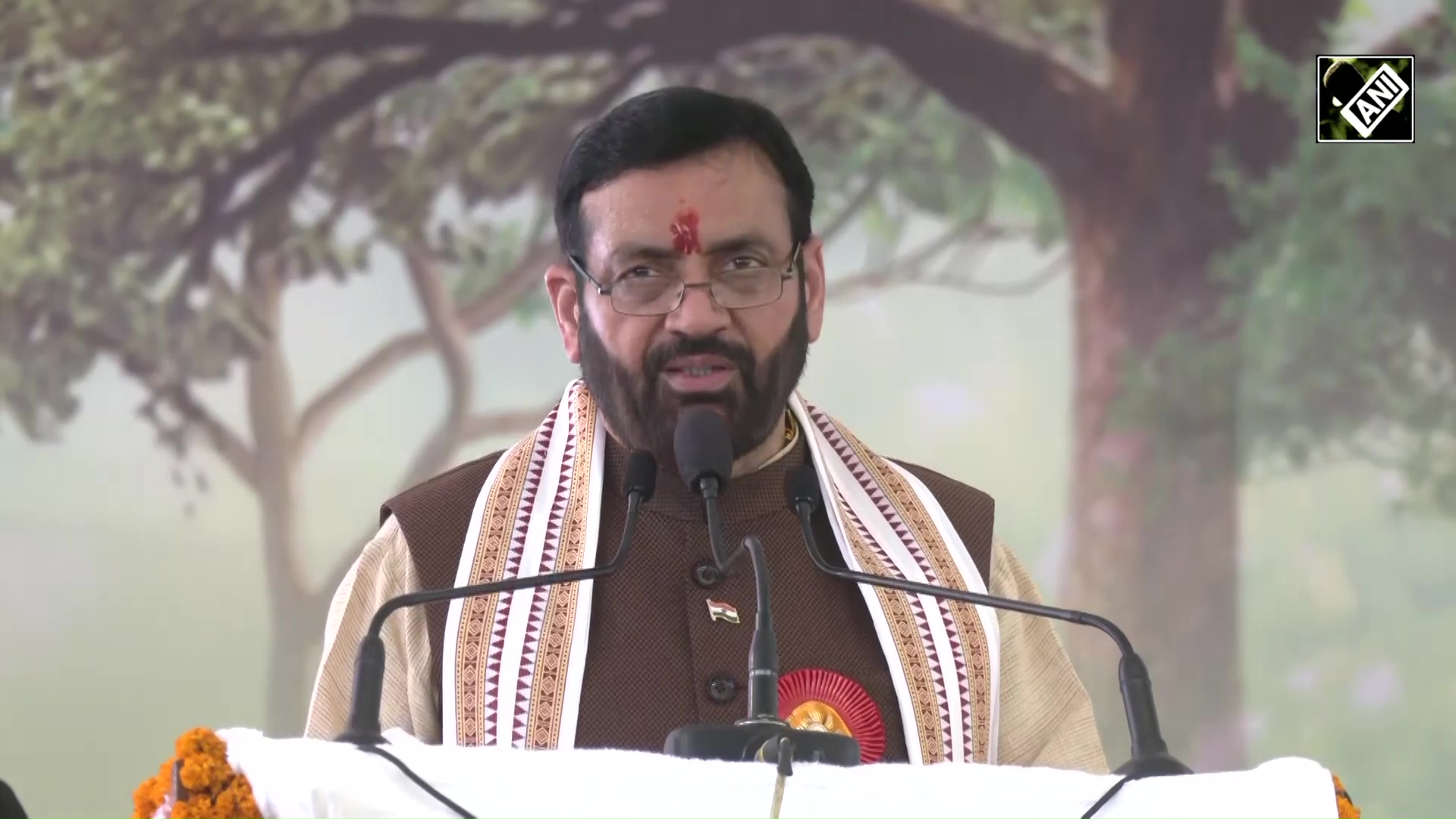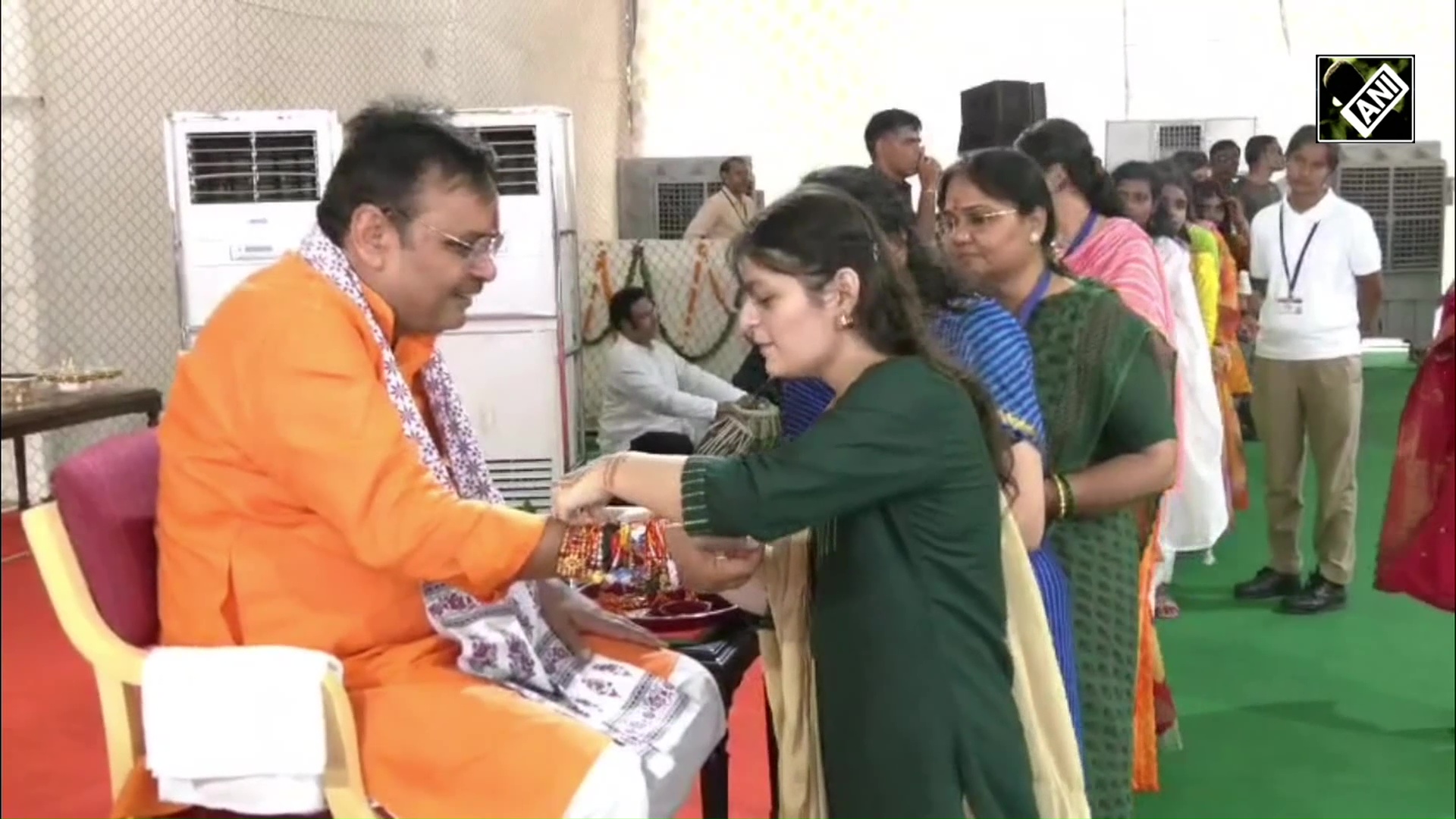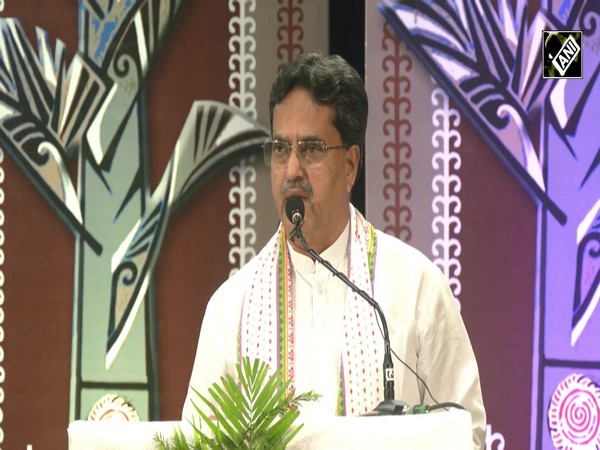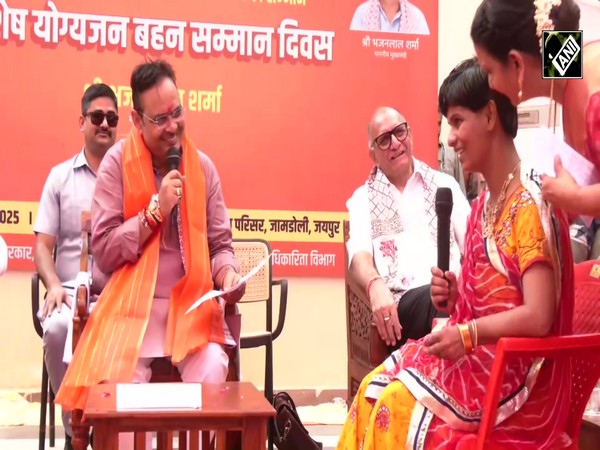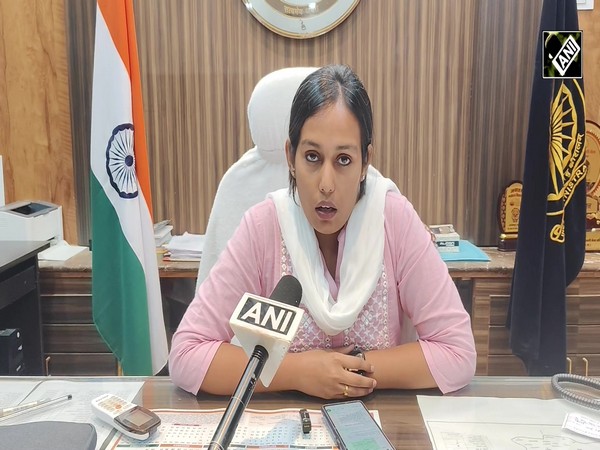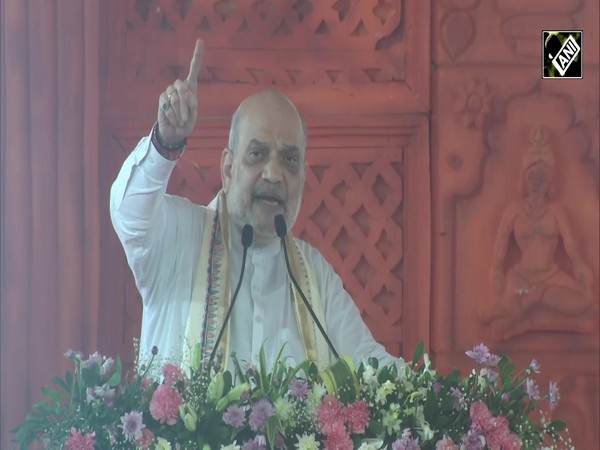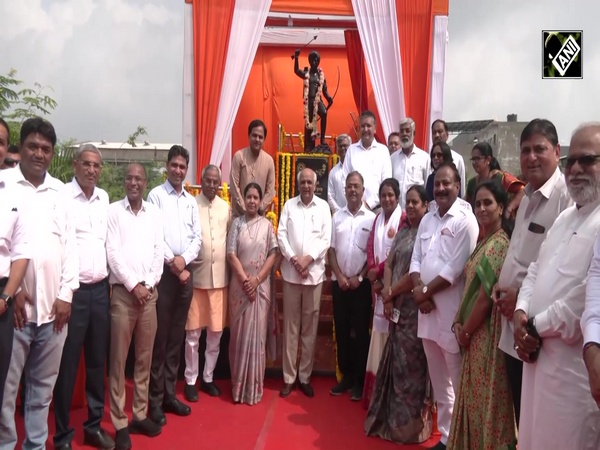Breakthrough in Liver Failure Treatment: Bengaluru Scientists & Doctors Develop Game-Changing EBDLR System
Feb 13, 2025

VMPL
Bengaluru (Karnataka) [India], February 13: A Lifesaving Innovation in the Fight Against Acute Liver Failure A revolutionary medical breakthrough is offering new hope in the fight against Acute Liver Failure (ALF), a deadly condition that progresses rapidly and often leaves patients with no option but an urgent liver transplant. IISc Bengaluru scientists, in collaboration with top medical experts, have developed the Extracorporeal Bioengineered Dual Cell Liver Regeneration System (EBDLR)--a game-changing device that mimics the liver's core functions, buying patients crucial time for their liver to heal and regenerate naturally.
For the first time in India, the EBDLR system has demonstrated remarkable success in animal trials, enabling rabbits and pigs with ALF to recover without the need for a transplant. With clinical trials now underway across Indian hospitals, experts believe this innovation could revolutionize the way ALF is treated, offering a lifeline to thousands who would otherwise face fatal outcomes.
A Race Against Time: ALF's Silent and Deadly Progression Unlike chronic liver disease, which develops over years, ALF can escalate within days, causing sudden jaundice, confusion, extreme fatigue, and even coma. If not treated in time, the accumulation of toxins in the blood leads to cerebral edema (brain swelling), multi-organ failure, and ultimately, death.
"With more than 90% of the liver suddenly damaged, the body loses its ability to detoxify, metabolize, and synthesize vital proteins. This is a medical emergency, and every passing hour determines survival," explained Dr. Akshay Datey, Lead Scientist at Ykrita Life Sciences Pvt. Ltd.
The leading causes of ALF in India include viral hepatitis, drug-induced liver injury, and poisoning from substances like Ratol (a commonly used rodenticide). Many ALF patients do not reach specialized care in time, and with a severe shortage of donor organs, the chances of survival remain grim.
EBDLR: A Medical Marvel That Could Reduce Dependence on Liver TransplantsThe EBDLR system acts as a temporary liver, taking over essential detoxification and metabolic functions, allowing the patient's own liver to heal.
"This device replicates the liver's natural ability to filter toxins, regulate metabolism, and synthesize proteins, offering critically ill patients a real chance at survival without needing a transplant," said Dr. Mahesh Gopasetty, a leading liver transplant surgeon.
"Liver transplants come with huge challenges--organ shortages, high surgical risks, and lifelong immunosuppressive therapy," added Professor Jagadish Gopalan. "If we can intervene at the right stage using the EBDLR system, we can save lives while easing pressure on India's organ donation system."
Approved by the Central Drugs Standard Control Organization (CDSCO), the EBDLR system is currently undergoing multi-center clinical trials. Experts believe that widespread adoption of this device could redefine critical care for liver failure patients, providing a non-invasive, accessible, and life-saving alternative.
"This innovation has the potential to change the future of liver failure treatment globally," said Shiv Kumar Janardhan, Senior Scientist. "It's time to raise awareness about ALF, its warning signs, and the cutting-edge solutions that can make a difference."
With clinical trials advancing rapidly, the world is now watching as Bengaluru scientists push the boundaries of medical technology. The EBDLR system could soon be a game-changer in critical care medicine, offering thousands a second chance at life.
(ADVERTORIAL DISCLAIMER: The above press release has been provided by VMPL. ANI will not be responsible in any way for the content of the same)
